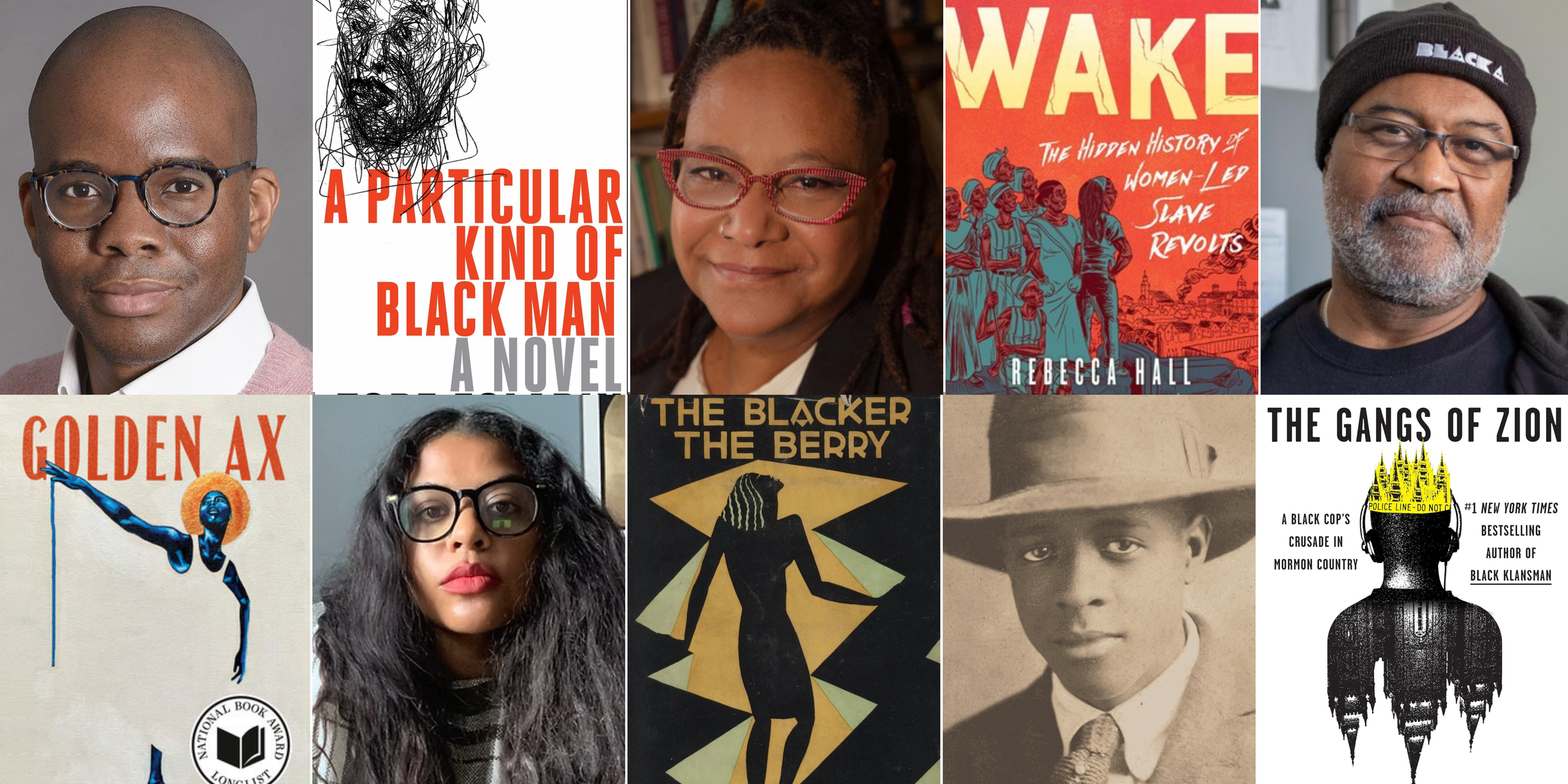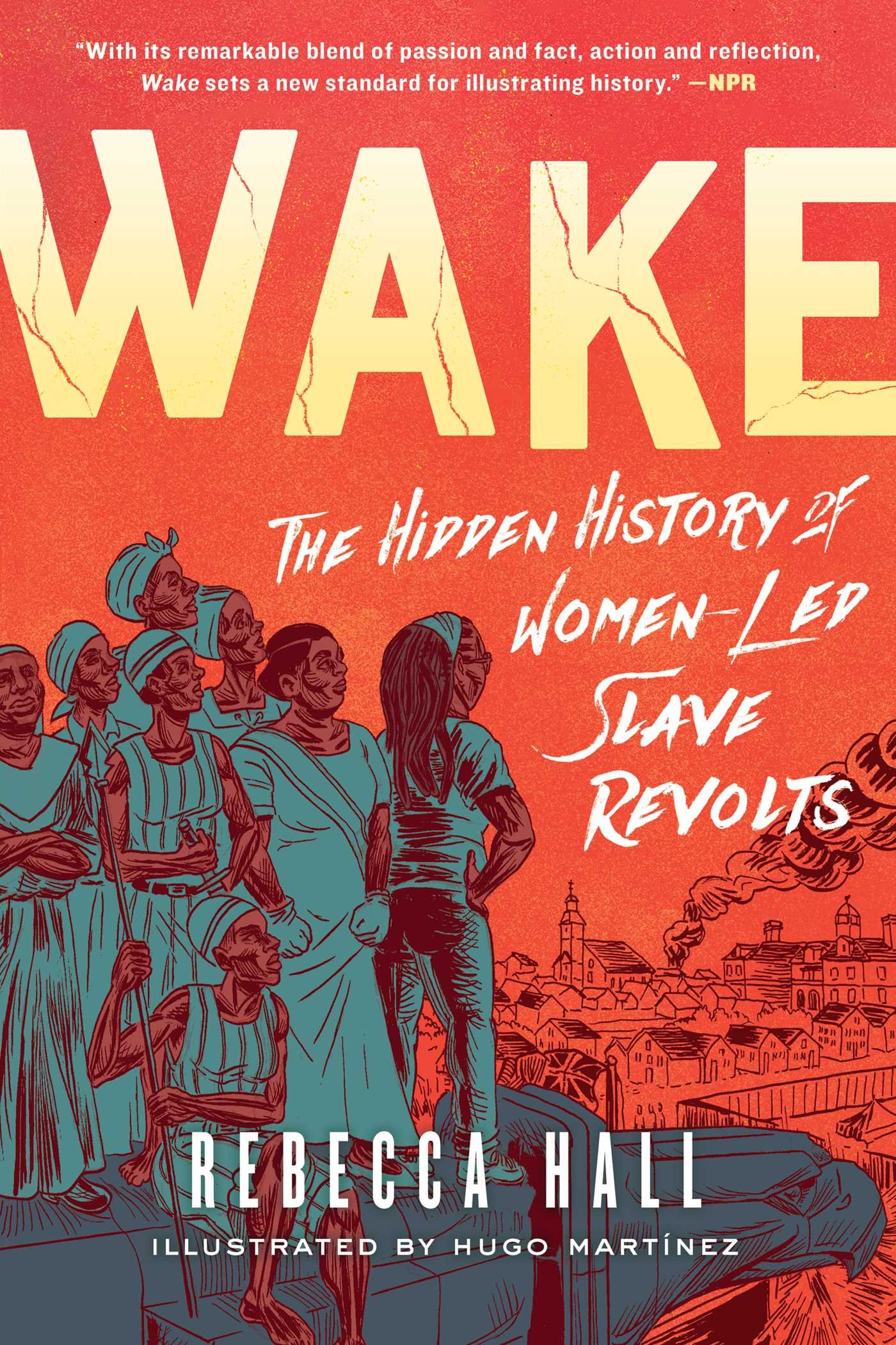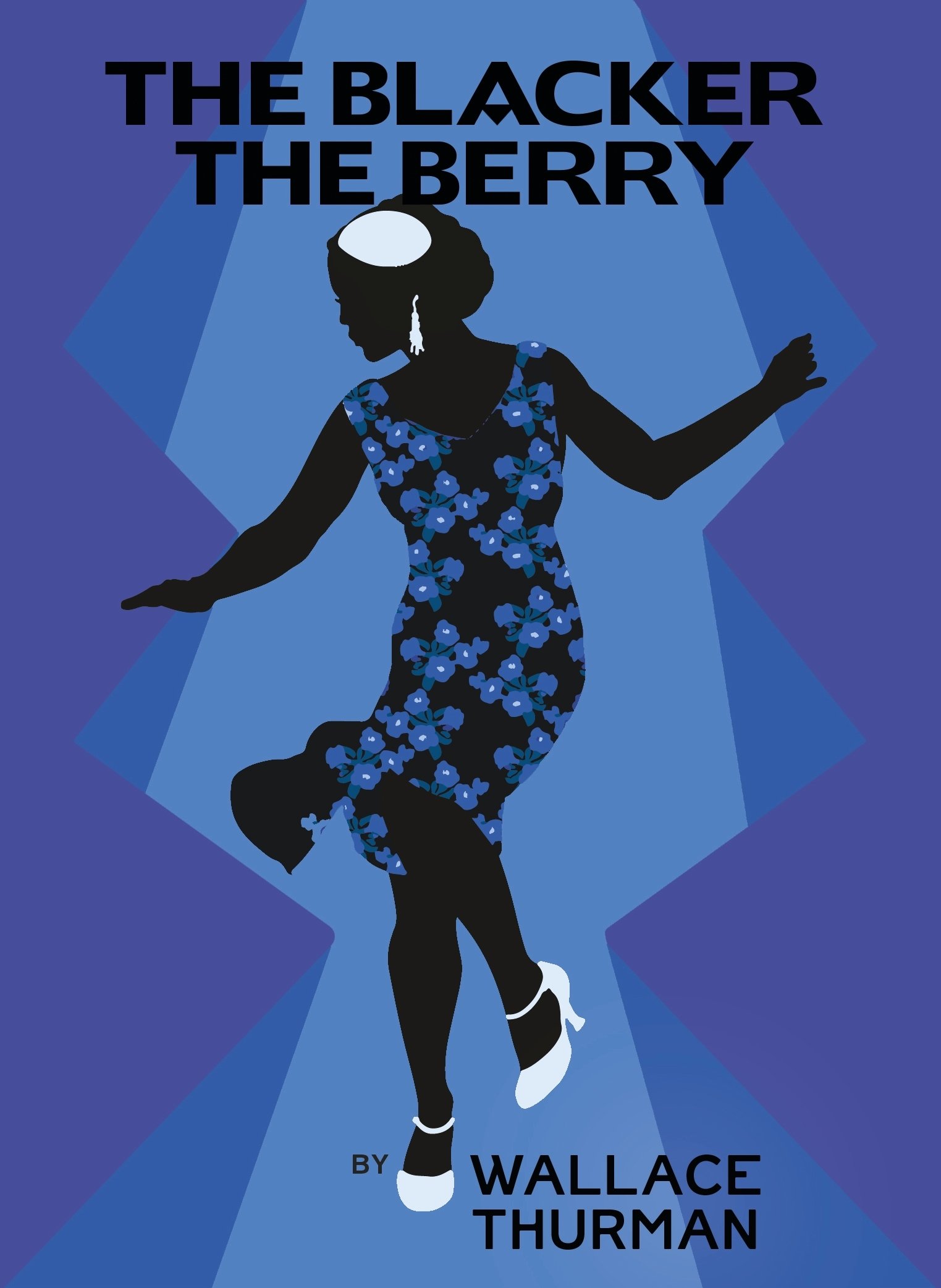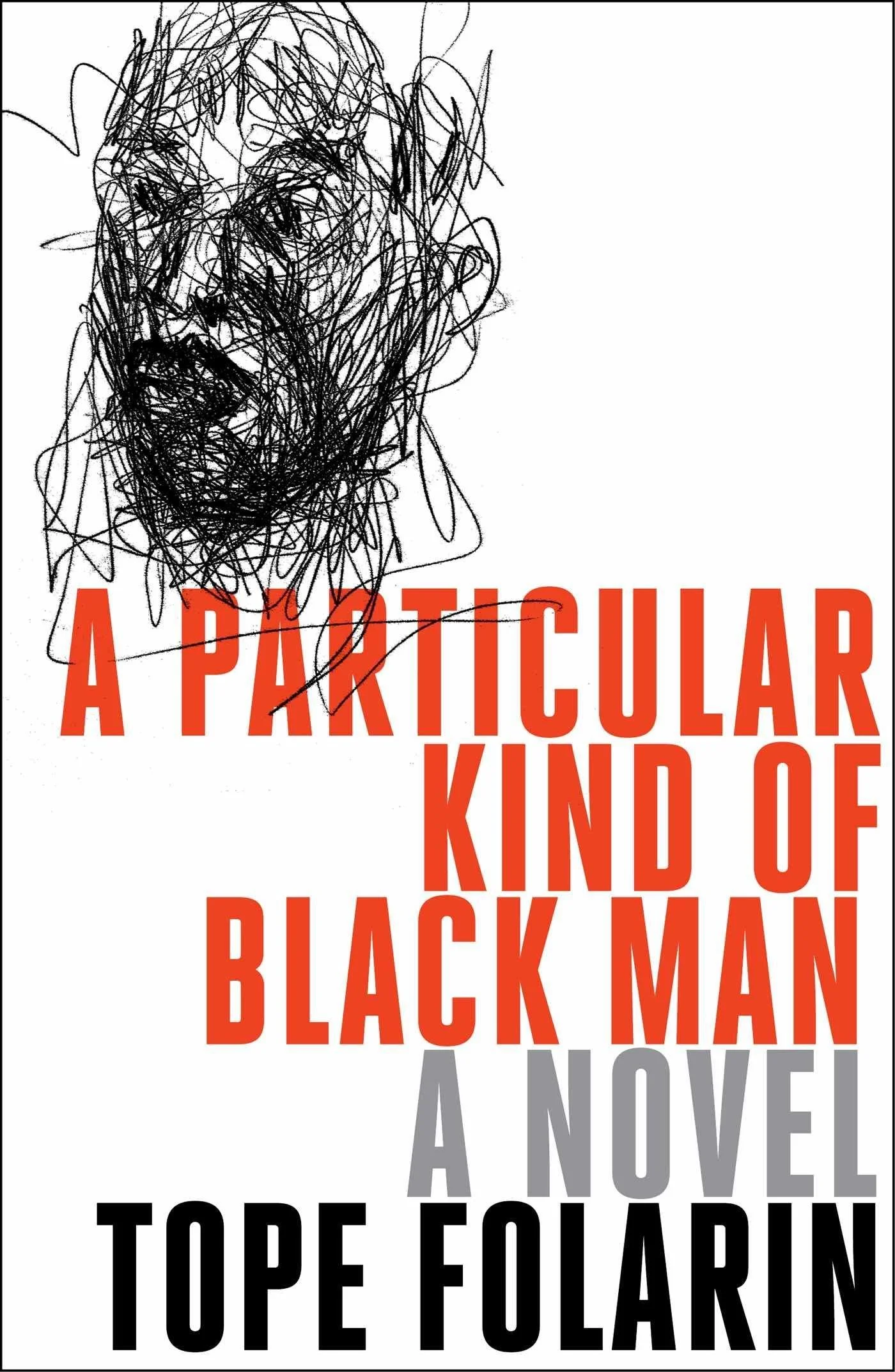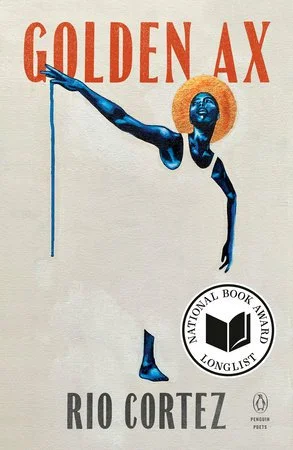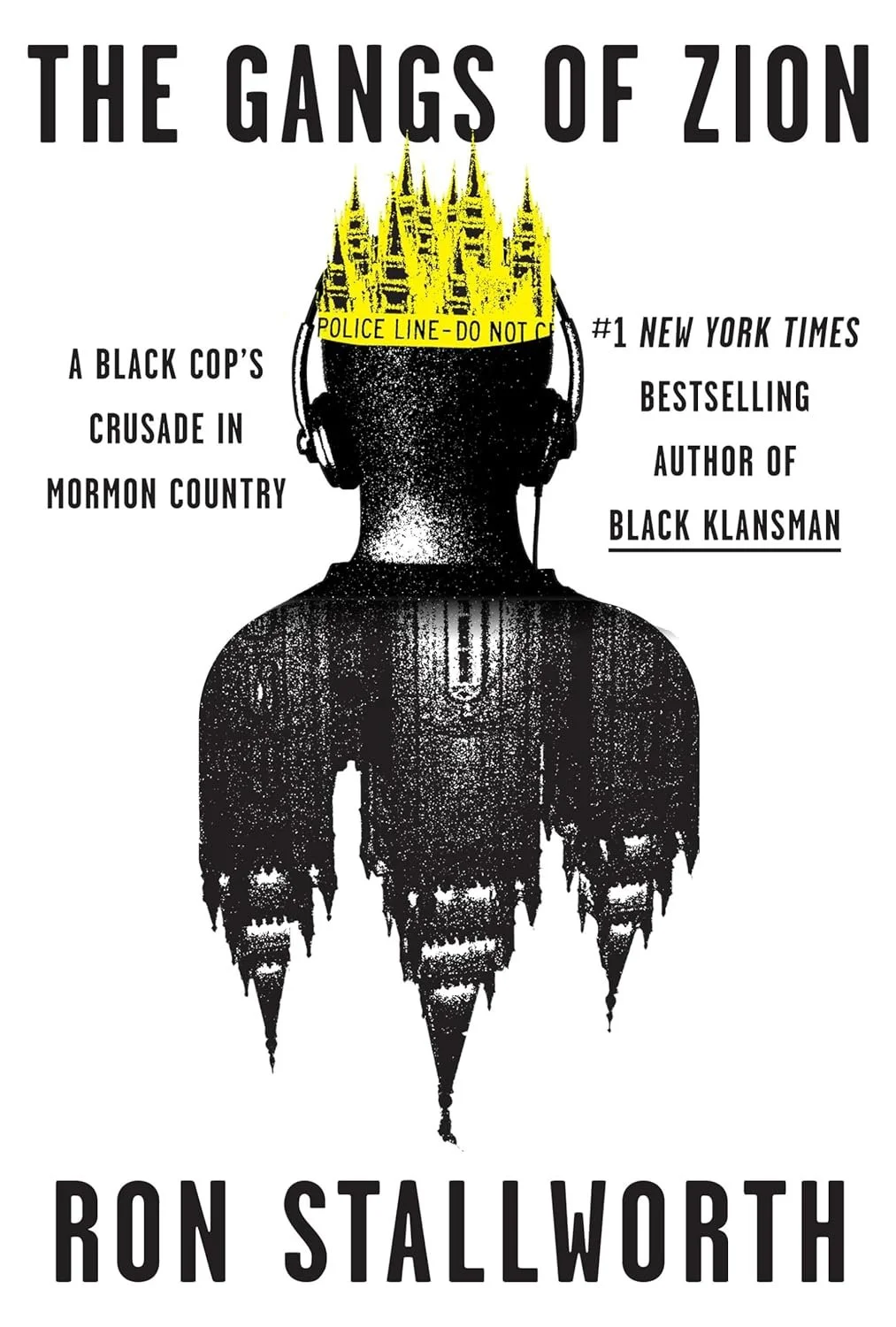THE MANY STORIES, ONE UTAH
BLACK Book COLLECTION
From Green Flake, the enslaved settler who explored and prepared the Salt Lake Valley before the arrival of Brigham Young and the Mormon colonizers, to the unnamed scouts traveling with Spanish explorers, the African diaspora has trekked across Utah’s mountains and deserts far before statehood. The Many Stories, One Utah Black Book Collection celebrates five of Utah’s most noteworthy Black authors, some emerging like the trailblazing AfroLatina poet Rio Cortez, others historic like Wallace Thurman, one of the most important authors and critics of the Harlem Renaissance. The self-expression of each author is at once rooted in the peculiarities of the Utah experience and in their own expansive, uncontainable Blackness. From jazz to hip-hop, Afrofuturism to historical imagination, each author is tied to the larger traditions of Africa and her diaspora while being shaped undeniably by the Beehive state. Below, you can find discussion guides with question and resources to help you think through these thought-provoking books.
Wake by Dr. Rebecca Hall
Women warriors planned and led revolts on slave ships during the Middle Passage. They fought their slavers throughout the Americas. And then they were erased from history.
Wake tells the “riveting” story of Dr. Rebecca Hall, a historian, granddaughter of slaves, and a woman haunted by the legacy of slavery. The accepted history of slave revolts has always told her that enslaved women took a back seat. But Rebecca decides to look deeper, and her journey takes her through old court records, slave ship captain’s logs, crumbling correspondence, and even the forensic evidence from the bones of enslaved women from the “negro burying ground” uncovered in Manhattan. She finds women warriors everywhere.
Using a “remarkable blend of passion and fact, action and reflection” (NPR), Rebecca constructs the likely pasts of Adono and Alele, women rebels who fought for freedom during the Middle Passage, as well as the stories of women who led slave revolts in Colonial New York. We also follow Rebecca’s own story as the legacy of slavery shapes her life, both during her time as a successful attorney and later as a historian seeking the past that haunts her.
The Blacker the Berry by Wallace Thurman
One of the most widely read and controversial works of the Harlem Renaissance, The Blacker the Berry...was the first novel to openly explore prejudice within the Black community. This pioneering novel found a way beyond the bondage of Blackness in American life to a new meaning in truth and beauty.
Emma Lou Brown's dark complexion is a source of sorrow and humiliation -- not only to herself, but to her lighter-skinned family and friends and to the white community of Boise, Idaho, her home-town. As a young woman, Emma travels to New York's Harlem, hoping to find a safe haven in the Black Mecca of the 1920s. Wallace Thurman re-creates this legendary time and place in rich detail, describing Emma's visits to nightclubs and dance halls and house-rent parties, her sex life and her catastrophic love affairs, her dreams and her disillusions -- and the momentous decision she makes in order to survive.
A lost classic of Black American literature, The Blacker the Berry...is a compelling portrait of the destructive depth of racial bias in this country. A new introduction by Shirlee Taylor Haizlip, author of The Sweeter the Juice, highlights the timelessness of the issues of race and skin color in America.
A Particular Kind of Black Man by Tope Folarin
Living in small-town Utah has always been an uneasy fit for Tunde Akinola’s family, especially for his Nigeria-born parents. Though Tunde speaks English with a Midwestern accent, he can’t escape the children who rub his skin and ask why the black won’t come off. As he struggles to fit in and find his place in the world, he finds little solace from his parents who are grappling with their own issues.
Sweeping, stirring, and perspective-shifting, A Particular Kind of Black Man is a beautiful and poignant exploration of the meaning of memory, manhood, home, and identity as seen through the eyes of a first-generation Nigerian-American.
Golden Ax by Rio Cortez
From a visionary writer praised for her captivating work on Black history and experience comes a poetry collection exploring personal, political, and artistic frontiers, journeying from her family’s history as “Afropioneers” in the American West to shimmering glimpses of transcendent, liberated futures.
In poems that range from wry, tongue-in-cheek observations about contemporary life to more nuanced meditations on her ancestors—some of the earliest Black pioneers to settle in the western United States after Reconstruction—Golden Ax invites readers to re-imagine the West, Black womanhood, and the legacies that shape and sustain the pursuit of freedom.
Gangs of Zion: A Black Cop’s Crusade in Mormon Country by Ron Stallworth
New York Times bestselling author of Black Klansman, Ron Stallworth, returns with another firsthand account of trailblazing police work in the most unlikely place for a Black cop in the ’90s.
Determined to pursue his passion for undercover work wherever it leads, Ron Stallworth finally lands in Salt Lake City, Utah. Once again, he’s an outsider—not only as a Black man on a mostly white police force but also as an unapologetic nonbeliever in a state dominated by the Church of Jesus Christ of Latter-Day Saints. But soon after his first drug bust in the Beehive, Stallworth makes a startling discovery—Bloods and Crips are infiltrating Mormon Country, threatening to turn the deeply conservative community into a hotbed of crime. Kids are bombing homes while carrying pocket versions of the Book of Mormon, yet his fellow cops are in denial that gangs are wreaking havoc in their Christian town.
Now Stallworth has a new mission. Whether facing off with skinheads at a downtown bar or schooling white Crips blasting “F*ck tha Police,” he is intent on stemming the tide of gangs into the state. But those he expected to be his allies either have their heads in the sand or their own agendas—from the racist Mormon legislator to the community activist exploiting a fatal gang incident to spread paranoia over an imaginary race war.
This project is indebted to the efforts of Jenny Hor, Liz Pittman, Ebony Tyler, and especially Dr. Crystal Rudds, who supported the curation and development of each discussion guide, as well as monetary support by Utah Humanities.

